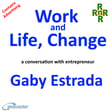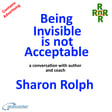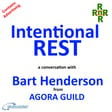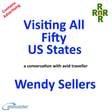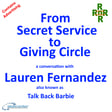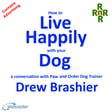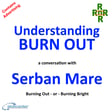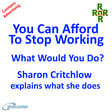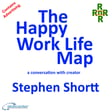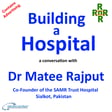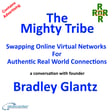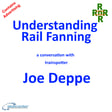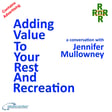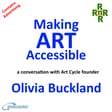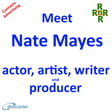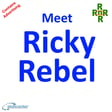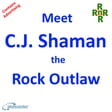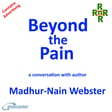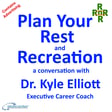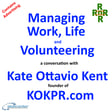
Learn How to Play Piano, Not What to Play – a conversation with Patrick Boylan
Patrick Boylan is a professional pianist and a founder of Muselow an App that promises to get people playing piano in seven minutes.
In this episode of the Abecederwork life balance podcast Rest and Recreation Patrick tells host Michael Millward about being a professional pianist in Los Angeles California USA. That freelance career was only possible because of the unconventional way in which Patrick taught himself to play piano.
Now Patrick with his co-founders have built Museflow an App that teaches people how to play the piano by teaching practical playing techniques.
Patrick eloquently explains the how Museflow achieves this the success that learners are achieving.
Rest and Recreation is made on Zencastr, because creating podcasts on Zencastr is so easy.
If you would like to try podcasting using Zencastr use our offer code ABECEDER.
Thank you to the team at Matchmaker.fm for introducing me to Patrick. Matchmaker.fm is where great hosts and even greater guests are matched, and fantastic podcasts are hatched. Use code MILW10 for a discount on membership.
Travel
Patrick is based in Los Angeles California. Members of The Ultimate Travel Clubtravel to the USA and everywhere else at trade prices. Use our offer code ABEC79 to receive a discount on club membership.
Visit Abecederfor more information about Michael Millward, and Museflow.ai and Patrick Boylan.
Rest and Recreation listeners get 50% off Muselow for life, visit Museflow.ai and use offer code REST50
Proactive Positive Ageing.
It is always a good idea to know the risks early so that you can take appropriate actions to maintain good health, that is why we recommend The Annual Health Test from York Test.
York Test provides an Annual Health Test. An experienced phlebotomist will complete a full blood draw at your home or workplace. Hospital standard tests covering 39 different health markers are carried out in a UKAS-accredited and CQC-compliant laboratory.
A Personal Wellness Hub gives access your easy-to-understand results and guidance to help you make effective lifestyle changes anytime via your secure, personal Wellness Hub account.
Visit York Test and use this discount code ABECEDER2.
Being a Guest
If you would like to be a guest on Rest and Recreation, please contact Abeceder.
We recommend that potential guests take one of the podcasting guest training programmes available from Work Place Learning Centre.
Tech Problems?
If you are using your smartphone to listen to The Independent Minds and experienced connection problems, you would probably like to know that Three has the UK’s fastest 5G network with unlimited data, so listening on Three means that you can wave goodbye to buffering.
Visit Three for information about business and personal telecom solutions from Three, and the special offers available when you quote our referral code WPFNUQHU.
If you have liked this episode of Rest and Recreation, please give it a like and download it. To make sure you do not miss future editions please subscribe.
Remember, the aim of all the podcasts produced by Abeceder is not to tell you what to think, but we do hope to make you think!
Thank you to you for listening.
